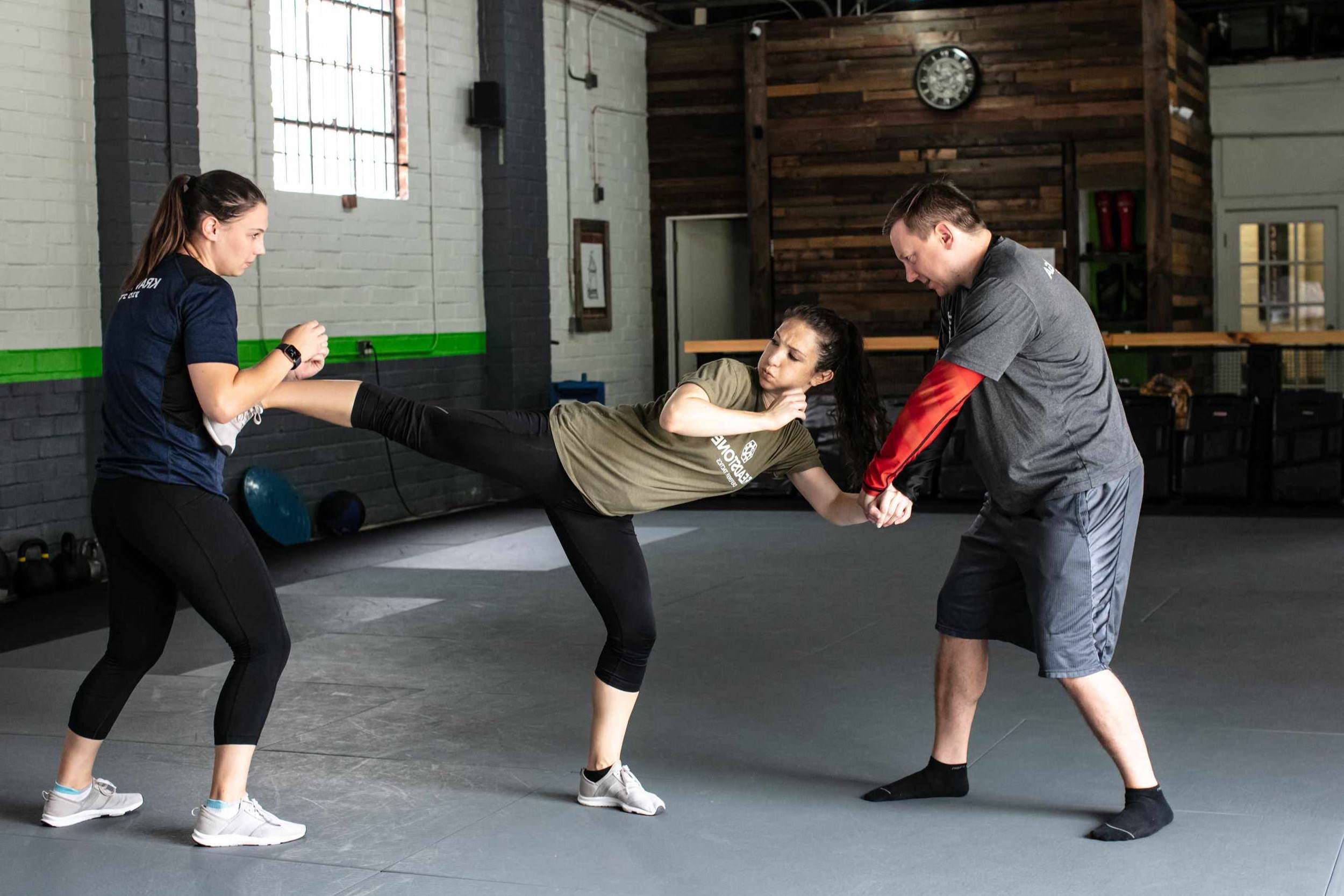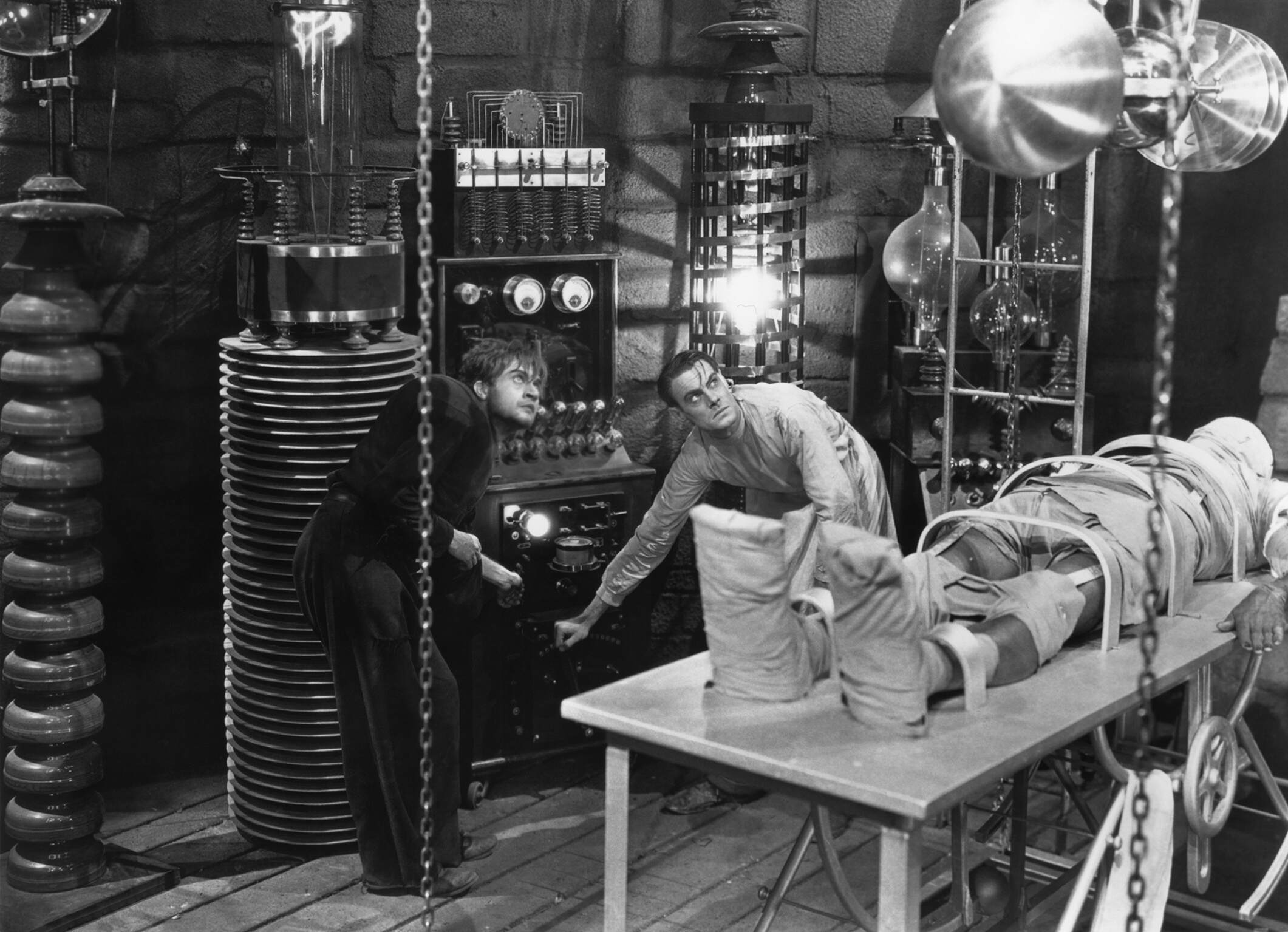
Defensive skills are crucial for anyone looking to protect themselves or others. Whether you're into sports, martial arts, or just want to feel safer, mastering these techniques can make a big difference. But what exactly are defensive skills? They include a range of abilities like blocking, dodging, and counter-attacking. These skills help you avoid harm and respond effectively to threats. From basketball players using defensive moves to stop opponents to martial artists blocking punches, defensive skills are everywhere. Why are they important? They not only keep you safe but also boost confidence and improve overall physical fitness. Ready to learn more? Let's dive into 31 fascinating facts about defensive skills!
Key Takeaways:
- Defensive skills are crucial in sports like basketball, soccer, and football. They involve positioning, footwork, and communication among team members to prevent the opposing team from scoring.
- Mental toughness and awareness are as important as physical skills in defense. Anticipation, focus, patience, confidence, and adaptability are key mental aspects to consider for effective defensive play.
Understanding Defensive Skills
Defensive skills are crucial in various sports and activities. They help protect, prevent, and counteract offensive moves. Here are some interesting facts about defensive skills.
-
Defense in Sports: Defensive skills are vital in sports like basketball, soccer, and football. They help prevent the opposing team from scoring.
-
Positioning: Good defensive positioning can make a significant difference. It involves anticipating the opponent's moves and being in the right place at the right time.
-
Footwork: Quick and agile footwork is essential for effective defense. It allows players to stay balanced and react swiftly to their opponents.
-
Hand-Eye Coordination: This skill helps in intercepting passes and blocking shots. It requires precise timing and focus.
-
Communication: Effective communication among team members enhances defensive strategies. It ensures everyone knows their roles and can react accordingly.
-
Physical Fitness: A high level of physical fitness is necessary for maintaining defensive pressure throughout a game. It includes strength, endurance, and agility.
Defensive Skills in Different Sports
Different sports require unique defensive skills. Let's explore how defense works in various sports.
-
Basketball: In basketball, defense involves blocking shots, stealing the ball, and guarding opponents closely.
-
Soccer: Soccer defense includes tackling, intercepting passes, and marking opponents to prevent them from scoring.
-
Football: Football defense focuses on tackling, blocking, and covering receivers to stop the opposing team from advancing.
-
Hockey: In hockey, defense involves blocking shots, checking opponents, and clearing the puck from the defensive zone.
-
Baseball: Baseball defense includes fielding ground balls, catching fly balls, and making accurate throws to get outs.
Techniques and Strategies
Various techniques and strategies enhance defensive skills. Here are some key ones.
-
Zone Defense: This strategy involves players covering specific areas rather than individual opponents. It is common in basketball and football.
-
Man-to-Man Defense: Each player is responsible for guarding a specific opponent. This technique is used in basketball, soccer, and football.
-
Press Defense: This aggressive strategy involves applying constant pressure on the opponent. It is often used in basketball.
-
Double Teaming: Two defenders focus on one offensive player to limit their effectiveness. This strategy is used in basketball and football.
-
Shot Blocking: Timing and positioning are crucial for blocking shots in sports like basketball and hockey.
Mental Aspects of Defense
Mental toughness and awareness are as important as physical skills in defense. Here are some mental aspects to consider.
-
Anticipation: Predicting the opponent's next move can give defenders a significant advantage.
-
Focus: Staying focused throughout the game helps defenders react quickly and make better decisions.
-
Patience: Good defenders wait for the right moment to make their move, avoiding unnecessary fouls or mistakes.
-
Confidence: Believing in one's defensive abilities can enhance performance and intimidate opponents.
-
Adaptability: Being able to adjust strategies based on the opponent's tactics is crucial for effective defense.
Training and Drills
Training and drills are essential for developing and improving defensive skills. Here are some common practices.
-
Footwork Drills: These drills improve agility and balance, helping defenders stay in front of their opponents.
-
Reaction Drills: These exercises enhance quick decision-making and response times.
-
Strength Training: Building strength helps defenders hold their ground and resist physical challenges.
-
Endurance Training: High endurance levels allow defenders to maintain their performance throughout the game.
-
Tactical Drills: These drills focus on specific defensive strategies and scenarios, helping players understand their roles.
Famous Defenders
Some athletes are renowned for their exceptional defensive skills. Let's look at a few.
-
Michael Jordan: Known for his scoring, Jordan was also a formidable defender, earning nine NBA All-Defensive First Team honors.
-
Paolo Maldini: This soccer legend was known for his impeccable tackling and positioning, making him one of the best defenders in history.
-
Ray Lewis: A dominant force in football, Lewis was known for his tackling and leadership on defense.
-
Scott Stevens: This hockey player was famous for his hard-hitting defensive style and leadership on the ice.
-
Ozzie Smith: Known as "The Wizard," Smith was a baseball shortstop renowned for his defensive prowess and acrobatic plays.
Mastering Defensive Skills
Mastering defensive skills isn't just about physical prowess. It’s about awareness, strategy, and mental toughness. Whether you're on a sports team, practicing self-defense, or just looking to improve your reaction time, these skills are crucial.
Remember, practice makes perfect. Regular drills, staying mentally sharp, and learning from both victories and mistakes will help you become a better defender.
Don’t forget the importance of teamwork. Even the best defenders rely on their teammates for support and coordination. Communication and trust are key components of effective defense.
Lastly, always stay curious and open to learning new techniques. The world of defensive skills is vast and ever-evolving. Keep pushing your limits, and you'll see improvement over time.
Stay dedicated, stay focused, and you'll master the art of defense.
Frequently Asked Questions
Was this page helpful?
Our commitment to delivering trustworthy and engaging content is at the heart of what we do. Each fact on our site is contributed by real users like you, bringing a wealth of diverse insights and information. To ensure the highest standards of accuracy and reliability, our dedicated editors meticulously review each submission. This process guarantees that the facts we share are not only fascinating but also credible. Trust in our commitment to quality and authenticity as you explore and learn with us.


